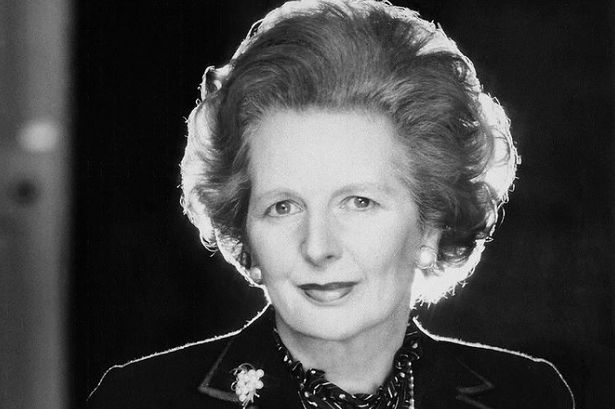In a eulogy by the former prime minister of Great Britain, Margret Thatcher honors the legacy of Ronald Reagan, the late president. She describes Reagan as her friend and continues to narrate his good acts in America during his presidency. The eulogy is a good illustration of Thatcher’s feelings for the late president and how he positively influenced his country and the people he associated with. Margret’s use of rhetorical techniques for instance pathos and ethos assist her in communicating her message of how the late president was a great fellow and further articulates a tone of pride.
Margret Thatcher repeatedly discusses how Reagan’s personality was unique and bright and how it all helped him be a great president. Her use of pathos is seen when she states that “in the aftermath of terror and the midst of hysteria one great heart at least remained sane and jocular (Thatcher, 3.28).” Such words greatly convince people of Reagan’s caring personality and his sympathetic heart. Further, it goes on to show how Reagan was a strong individual.
When Margret repeats that “we have lost a great president, a great American, and a great man,” she applies conduplicate when relating Reagan with greatness (Thatcher, 0.18). The repetition used places more emphasis on the late president, making him look more significant and respectable. This notion is further expanded when Thatcher admits that Reagan was sought after to put right U.S’s suffering spirit and to bring back the power of the liberated world and slaves on communism (Thatcher, 0.38). The repletion of amending, restore, and free words establish a sense of respect and trust in Reagan’s determination during the presidency.

Through ethos, Thatcher continues to create her argument of the late president political term as profitable. She made it clear that the presidency had demanding duties that were arduous, but Reagan’s fundamental drive was to uplift spirits (Thatcher, 0.29). She used the ethos appeal of a higher profile such as that of Arnold Bennett, and his help and belief in the late president’s inspiration are used to overcome the deterrent of the U.S residents of 2004 to also believe in Reagan (Thatcher, 0.58). Such helped to explain how Reagan fought the battle and became a great warrior, offered promise and confidence in the political work of Reagan. At the same time, his strong-willed character persuaded the discouraged residents.
Besides, Thatcher’s tone in her eulogy is one that is not always serious. It is sympathetic but very swaying and is repetitive all through the praise (Thatcher, 0.33). Thatcher not only conveyed sympathy from the audience but also used an asyndeton rhetorical device to keep her audience engaged and, most importantly, make the opening line unforgettable.
Additionally, the eulogy applies imagery to deliver Reagan’s selfless heart and sapience. Despite the Soviet pressures, the late president continued to witness the many sides of truth but did not succumb to these weighted pressures. This description of Reagan depicts a wise and omniscient man of the prevailing scenario (Thatcher, 2.24). The imagery’s envisioned effect is accurate in how it emphasizes the relevance of Reagan’s part in his term as president. The use of the word option is applied to express the foreign, political difficulties that the audience can identify with.
Indeed, Margret Thatcher conveyed her eulogy in the belief of the late president and used the rhetorical appeals of ethos, pathos, tone, and repetition to achieve his presidency as successful.
Our professional History Writing Help team provides a wide range of academic writing services including:
– History Dissertation Help
– History Dissertation Writing Services
– History Essay Writing Services
– American Higher History Assignment Services
– History Research Paper Writing Services






